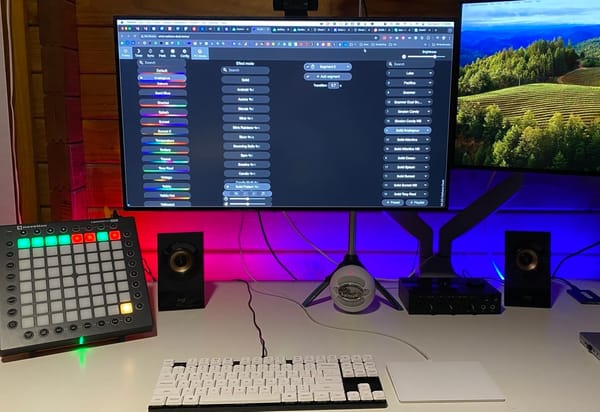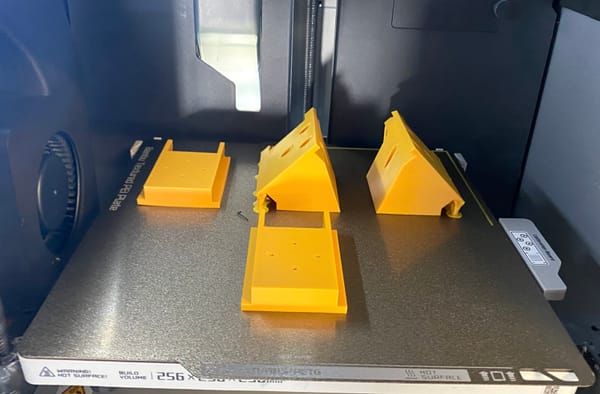Auto-reloading your .bashrc (or .zshrc)

If you often make changes to your ~/.bashrc, you might be sick of typing source ~/.bashrc after every change.
It can also be annoying when you switch to a different tab in your terminal, but your new aliases or functions aren't available until you type source ~/.bashrc.
While I was working on scm_breeze and my dotfiles repo, I grew tired of having to type this command, so I aliased it to sbrc. But I knew I could do better, so I created an auto-reload script that reloads my ~/.bashrc if there are any changes to itself, or any of the files that it loads.
When you run it at the beginning of your .bashrc, it wraps the source and . commands with a function that builds an index of all the sourced files. At the end of your .bashrc, you need to call the finalize_auto_reload function, which:
- Removes the
sourceand.overrides - Sorts the sourced file index and removes duplicates
- Stores the mtime of the most recently modified source file in a variable
- Adds the
auto_reload_bashrcfunction to yourPROMPT_COMMAND.
Whenever you start a new line in your terminal, the auto_reload_bashrc function reloads your .bashrc if any of the sourced files have changed. Changes are detected by looking up the most recent modification time from all of the sourced files, and comparing that time with the previous value.
My .bashrc sources 28 files from my dotfiles, scm_breeze, and RVM. Running the auto_reload_bashrc function to check for changes only takes 11 ms.
If you make a lot of changes to your .bashrc or .zsh, you can check out my auto-reloading script here:
https://github.com/ndbroadbent/dotfiles/blob/master/bashrc/auto_reload.sh



